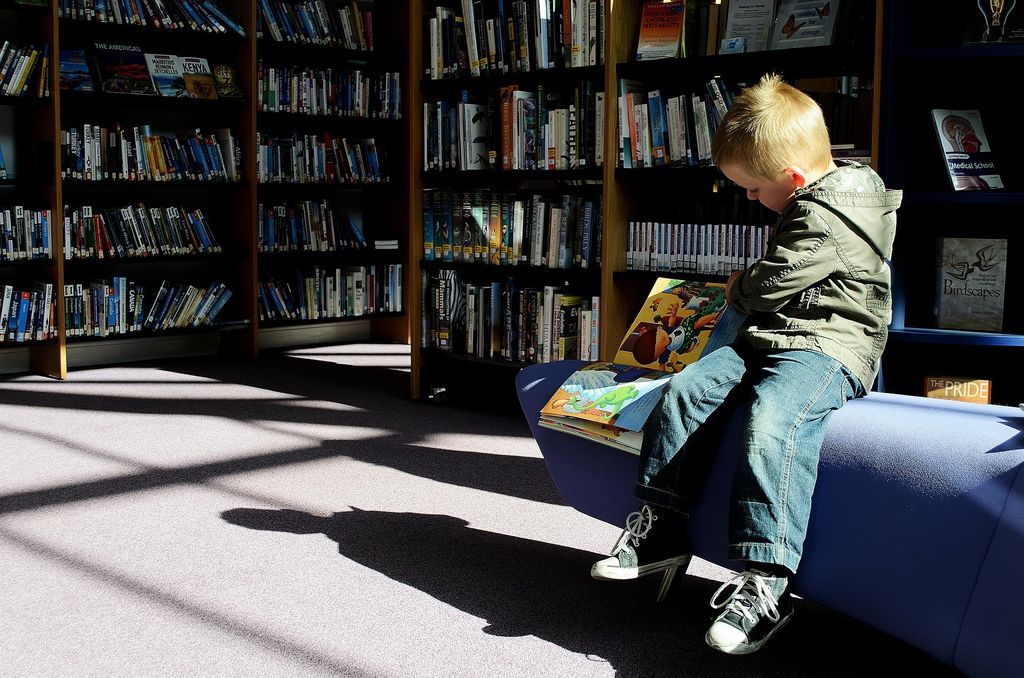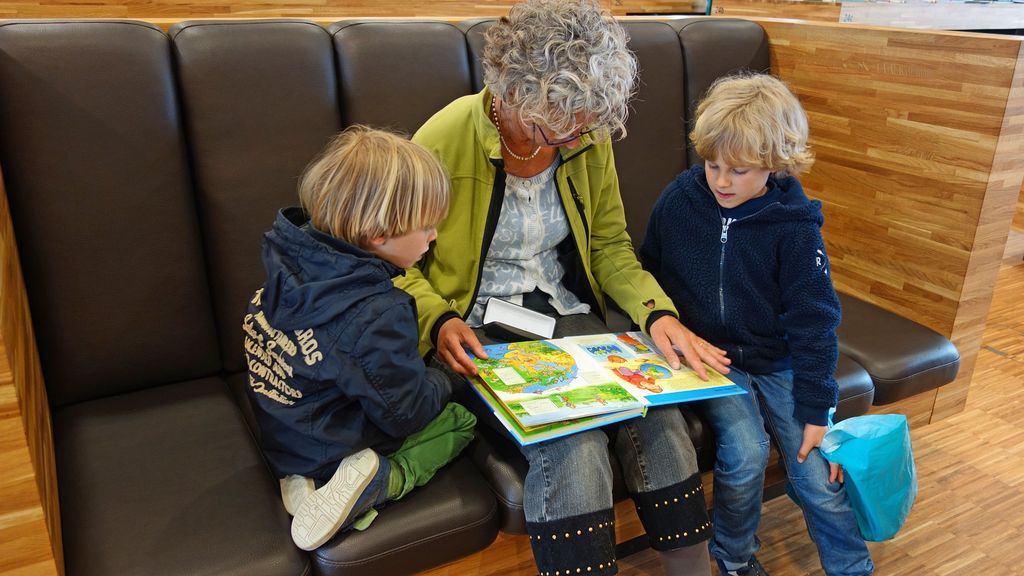You may live in a place where librarians are watching children. During these strange times, some library workers are taking on this role, to everyone’s detriment. This may even seem logical to some parents: after all, there are already children’s librarians who run storytimes. Many public libraries stock toys and almost all consider children’s material an important part of their collection. Why wouldn’t librarians also watch the kids who take advantage of those programs? The assumption that librarians are also babysitters is an old problem. While it’s hard for a librarian to refuse a parent who simply leaves their kid in the children’s room and hopes for the best, it’s not a librarian’s job to look after kids—not now, and not during normal times. I am here today to explain why librarians are not childcare.
Medical Training
Many librarians opt to train in CPR and first aid, but that’s usually not a requirement of the job. Childcare professionals often have up-to-date emergency medical training, especially if taxpayers fund their jobs. When I encountered medical issues in a library where I worked, I had exactly one go-to: call 911. This covered everything from overdoses to to tumbles down the stairs to kids bleeding. No matter how serious the situation was, the ambulance would show up. The cops would often show up, whether there had been a crime or not. It was not an ideal situation, but it was what was available to me and it complied with the library’s policies. Moreover, I could not dispense medication—at every library job I’ve ever worked, this has been a hard and fast rule—and we didn’t have a nurse on site. I couldn’t even give a kid a Tylenol, and because I didn’t know who their parents were, even something as minor as a headache was basically impossible for me to solve. While some libraries encourage staff to get basic CPR, this isn’t comprehensive for all the little problems a child might encounter while playing unsupervised at a library. Your kid may need someone who knows precisely what to do for a seizure, a broken tooth, a black eye, or a bad sprain. They may need someone to give them some medicine. That’s the role of a childcare professional, not a librarian.
Disability
I used to treasure the moments when I’d get to do a toddler storytime. However, there was no question that behavioral and developmental challenges posed a difficulty for me in some situations. This isn’t to say that kids with disabilities are uniformly disruptive or badly behaved, but some have needs that the average librarian is not trained to handle. Special education teachers have particular coursework, background, experience, and resources for meeting the needs of kids who have specialized requirements, be those educational, social, or environmental. Librarians generally do not. It’s not fair to the kid in question to leave them with a librarian who doesn’t understand what those needs are, much less what to do if a situation involving those needs comes up.
Duties As Assigned
People tend to wonder what librarians do all day. Read, maybe? Sit behind a desk and glower? Play Solitaire? The actual job of a librarian is one that’s hard to summarize on a job posting: being available. Imagine if the internet were mainly an electrical grid support system, but you could use it to check your email when it’s not too busy. Availability could happen be any time—it depends on when the grid is in OK enough shape that the internet has enough bandwidth for your needs. The upshot is that the internet wouldn’t be reliable and nobody would use it. If you can’t guarantee availability, then it’s not a useful tool. Librarians are the same way. A librarian who appears to be doing nothing is actually being available to help. If that same librarian is tasked with taking care of your child, then that help-on-demand service is effectively unavailable to everyone else, just as the internet would be effectively unavailable if its primary job were to manage the electrical grid. Add that to the fact that librarians normally spend their downtime planning programs, applying for grants, maintaining the collection, balancing the budget, and doing a million other necessary tasks, and you come up with a job that is already too full to augment with childcare duties.
Who are you again?
Teachers have head counts for their students. That’s how they know when they come up a kid short on field trips. Librarians don’t get lists of the kids who are playing in the children’s room—not names, not emergency contacts, not addresses. Leaving your kids to play there is a way, way worse idea than leaving them with a babysitter. While there may be a librarian present in that room, that librarian has no idea who that kid really belongs with. They’re also distracted by their actual job (see above). You may as well be leaving your kid alone in a park. There are times when leaving your child in the children’s room for a bit is unavoidable. I have nothing but the deepest sympathy for anyone who finds themselves unhoused and in need of a safe place to put their child for a few hours while they look for work. Relative to letting the child stay at a shelter or just exist in a park, libraries are often the safest option. However, if you can, try to make sure that someone you know and trust—and who knows your child(ren)—stays with the them at the same time. Even in a program, librarians are not childcare, and their attention on your kids is always divided.
Librarians Are Not Childcare
This pandemic business has really cast light on who is most valuable to our society. Childcare professionals top that list. I love librarians and I am consistently impressed by what they can accomplish. But librarians are not childcare professionals because those individuals are, in fact, professionals. The range of their skills is unique and valuable and they take a career’s worth of experience to develop. Instead of casting librarians as de facto daycare attendants, let’s instead support actual daycare attendants with better prioritization, protection, and payment. We can all see how much they’re worth. Even when they make it look fun, we should know by now that not just anybody can do that job. Libraries are reopening in COVID hotspots. But are library workers safe?

